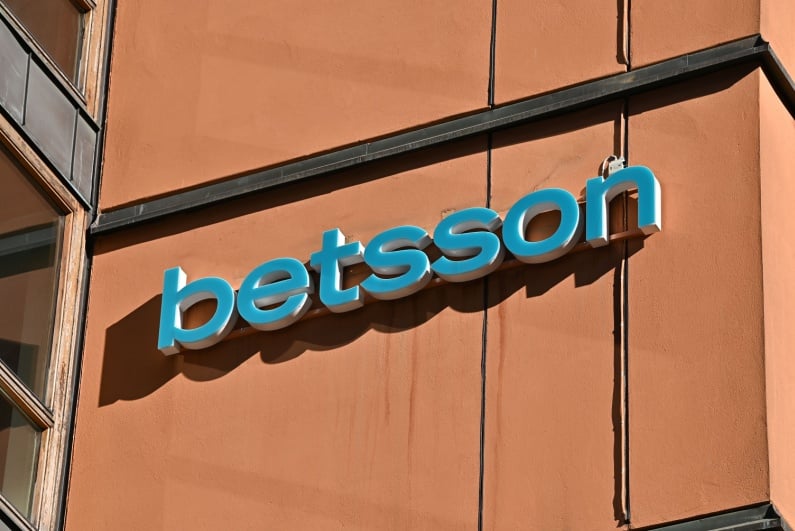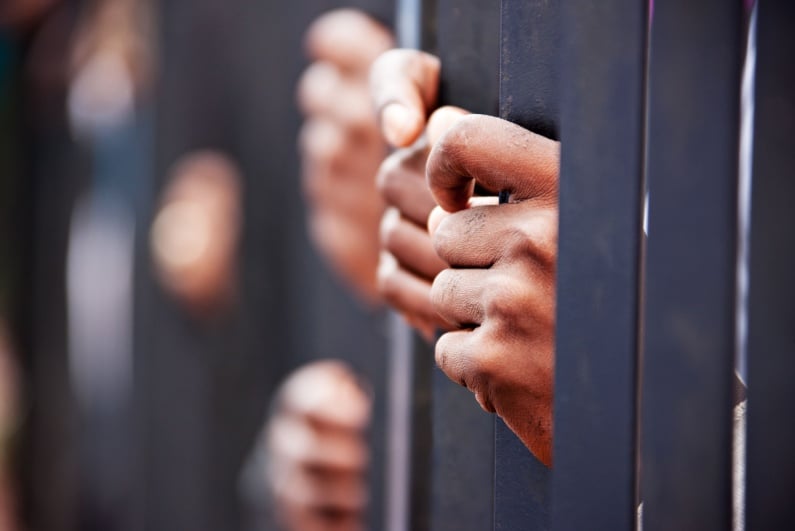Spain’s Drug Support Council is going to introduce a new “Gambling Harm” policy with its soon-to-launch Action Plan on Addictions 2018-2020 mandate. The mandate is designed to advise a number of the country’s health and social organizations about how to tackle addiction.
The document will outline new proposals for guidelines on a range of addictions, including substance abuse. However, in an unusual move, it will classify the fallout from gambling addiction as a drug addiction. The reclassification might mean that vulnerable users have more access to resources.
Collaboration with National Health Ministry
The mandate was devised in collaboration with Spain’s National Health Ministry and the country’s gambling regulator, the Direccion General de Ordenacion del Juego (DGOJ). The partnership between these organizations shows a willingness by both parties to improve the care received by those who suffer from problem gambling or gambling addiction.
In February of last year, the country’s Council of Ministers changed the classification of gambling to “drug addiction without substance,” which was based on the American Psychiatric Association’s report on gambling addiction.
The organizations are seeking to improve access to treatment and enhance the treatment process to best serve patients in need. The collaboration between the DGOJ and the other organizations should allow the mandate to benefit from valuable inside knowledge of the gaming business as well as the medical and social input from the other developers.
New advisory board
The Drug Council has created a new board of advisers to look into the scope and broaden the reach of the research being carried out in the sector. The mandate is a small part of a large-scale plan to overhaul Spain’s National Addiction Strategy, which is being developed over the next few years. The plans are to be implemented by the end of 2024 and have already received funding of €1bn (£900,000,000; $1,174,000,000) from the Spanish government.
The funding has come from multiple sources, but 24% came from funds that had been confiscated by authorities during narco-trafficking crackdowns. The funding will go toward treatment and further research into addiction.
Gambling tax also being reviewed
Spain has lowered tax rates for online casinos based in the country from 25% to 20%. However, the government is also seeking to increase its revenue by cracking down on online poker players based in the country or using services based there who do not pay tax on their gains.
The country’s tax regime is notoriously tough; one Spanish professional poker player was sentenced to 18 months in jail for undeclared winnings. The country’s approach to taxation even led to some professional players withdrawing from tournaments due to the potential consequences of failing to correctly declare their winnings.
There have been recent reports of international players receiving letters from the Spanish authorities requesting payment for tax owed on money that was won in the country.
Now Spain’s multi-faceted approach to cracking down on gambling in the country could make it an interesting case study for other countries who are also looking to tackle the problem.




